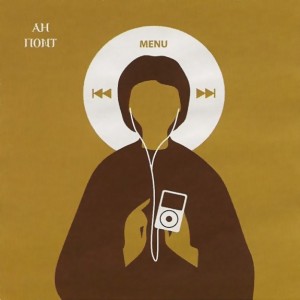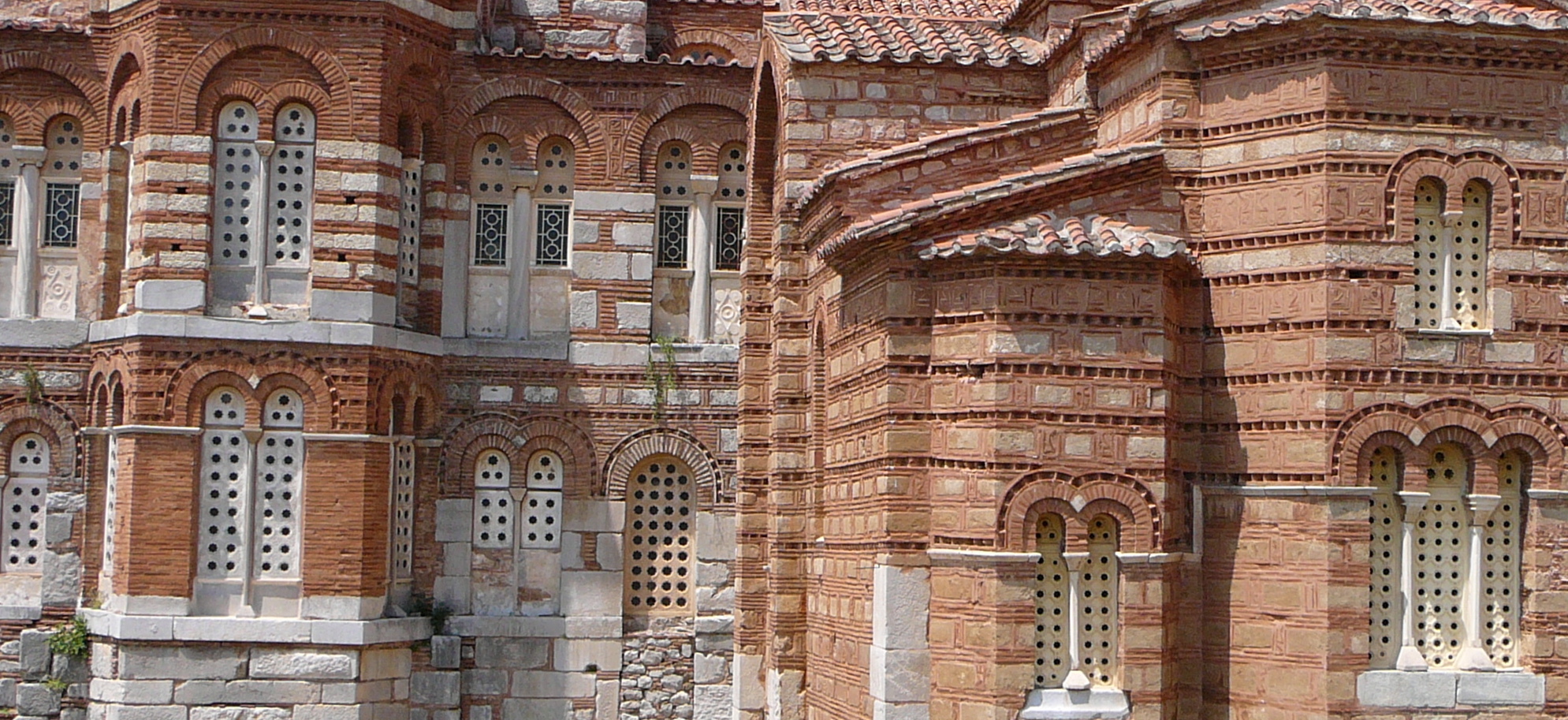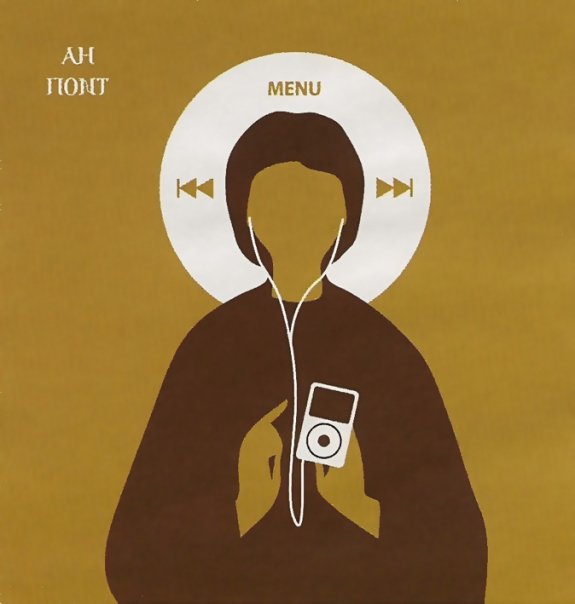Episodes

Thursday May 06, 2021
Thursday May 06, 2021
A conversation with Cecily Hilsdale (McGill University) about the history and ritual functions of Egyptian obelisks, from ancient Egypt down to Rome, Constantinople, and beyond. What do obelisks mean to say and how do they function in their architectural settings, especially in the hippodrome of Constantinople? How do they project imperial ideologies? The discussion is based on Cecily's study of 'Imperial Monumentalism, Ceremony, and Forms of Pageantry: The Inter-Imperial Obelisk in Istanbul,' in The Oxford World History of Empire, v. 1: The Imperial Experience (Oxford University Press, 2021) 223-265.

Thursday Apr 22, 2021
Thursday Apr 22, 2021
A conversation with Alexander Lingas (City University of London) on the debates surrounding the reconstruction of Byzantine music. We discuss the common origins of western and eastern Christian traditions, when they parted ways, and how both traditions passed through phases of reinvention. Why does the modern performance of Gregorian Chant sound so different from Byzantine chant? As the director of the vocal ensemble Capella Romana, Alexander comes at this question from both a performance and a research angle. His publications include 'Medieval Byzantine Chant and the Sound of Orthodoxy,' in the volume Byzantine Orthodoxies (Ashgate 2006) 131-150, and 'Performance Practice and the Politics of Transcribing Byzantine Chant,' Acta Musicae Byzantinae 6 (2003) 56-76. Stay tuned at the end for a recording of an imperial acclamation for John VIII Palaiologos.

Thursday Apr 08, 2021
47. The materiality of Byzantine objects, with Elizabeth Dospěl Williams
Thursday Apr 08, 2021
Thursday Apr 08, 2021
A conversation with Elizabeth Dospěl Williams (Dumbarton Oaks, Museum Department) on how people in Byzantium experienced the materiality of the objects they used, especially jewelry and textiles. We look at some of those objects together, discuss their qualities, and situate our engagement with material culture in broader discussions of historical theory. You can see the objects that we discuss for yourself, including this earring and ring pair; a St. Demetrios reliquary; a child's tunic; and a garment with a clavus. The conversation is based partly on Betsy's study 'Appealing to the Senses: Experiencing Adornment in the Early Medieval Eastern Mediterranean,' in the volume Sensory Reflections: Traces of Experience in Medieval Artifacts (Berlin 2019) 77-96; and the textile exhibition Woven Interiors: Furnishing Early Medieval Egypt (The George Washington University Museum and The Textile Museum, 2019).

Thursday Mar 25, 2021
Thursday Mar 25, 2021
A conversation with Alexander Sarantis (Römisch-Germanisches Zentralmuseum Mainz) on the socio-economic impact of raiding on the lives of provincials as well as the military history of the empire and its finances. Who were these raiders? What did they want? How did provincials and the empire as a whole respond to them? A fear of marauders probably doesn't keep you up at night today, but this was a major anxiety in Byzantine life. The conversation is based on Alexander's study 'The Socio-Economic Impact of Raiding on the Eastern and Balkan Borderlands of the Eastern Roman Empire, 502-602,' Millennium 17 (2020) 203-264.

Thursday Mar 11, 2021
45. Neoliberalism in academia and its impact on the humanities, with Tamar Hodos
Thursday Mar 11, 2021
Thursday Mar 11, 2021
A conversation with Tamar Hodos (University of Bristol) on how the application of market logic to humanities research and teaching is driving up tuition costs for students and their families, making good academic positions scarcer, and eroding the institution of tenure, which protects the integrity of research and teaching. In this environment, smaller academic fields face the prospect of extinction. Our focus is on public universities in the US and UK and we discuss funding structures and the underlying logic of our administrative practices.

Thursday Feb 25, 2021
44. How can historians use new media to disseminate ideas?, with Merle Eisenberg
Thursday Feb 25, 2021
Thursday Feb 25, 2021
A wide-ranging conversation with Merle Eisenberg (National Socio-Environmental Synthesis Center, University of Maryland) on the opportunities created for historians by media, old and new, to disseminate our ideas to the public. Among other things, I learned what a "press release" is and how it works, as well as how historians and scientists work differently with the press. Should we bring scholarly debates to the broader public? What do we lose when we craft a good story in order to do so successfully? We also talk about our pet peeves in films that tell a good story but get the facts so infuriatingly wrong.

Thursday Feb 11, 2021
43. Is it time to abandon the rubric “Byzantium”?, with Leonora Neville
Thursday Feb 11, 2021
Thursday Feb 11, 2021
A conversation with Leonora Neville (University of Wisconsin) on whether the scholarly rubric "Byzantium" does more harm than good. How did it come into being? What biases and ideologies, especially in the domain of gender, does it encode? What blind-spots and distortions does it create? We discuss whether "Byzantium" enables a Eurocentric western-oriented narrative about Greece, Rome, Europe, and the Renaissance that does not want to recognize classically educated, Greek-speaking, Orthodox Romans in the east.

Thursday Jan 28, 2021
42. Byzantium in video games, with Troy Goodfellow
Thursday Jan 28, 2021
Thursday Jan 28, 2021
A conversation with Troy Goodfellow (Paradox Interactive) on how Byzantium and other premodern civilizations are represented in video games, and how the mechanics of the games structure those representations, player's goals, and the dynamics of historical change. Thanks to Marion Kruse for joining the conversation and to all of you listeners who sent advice and helpful links. Your comments indicate how important this area is to so many of you (and yet still so understudied!).

Thursday Jan 14, 2021
41. Ravenna, capital of empire between east and west, with Judith Herrin
Thursday Jan 14, 2021
Thursday Jan 14, 2021
A conversation with Judith Herrin (King's College London) about the fascinating history of Ravenna between 400 and 800 AD. In this period, the city functioned first as a court of the western emperor, then as the seat of a Gothic kingdom loosely subordinate to Constantinople, and as the capital of the exarchate, the Italian province of the eastern empire. This made Ravenna a place of remarkable cultural fusion, and endowed it with spectacular monuments featuring superb mosaics. The conversation is based on Judith Herrin's recent book Ravenna: Capital of Empire, Crucible of Europe (Princeton University Press 2020).

Thursday Dec 31, 2020
40. Byzantine tales of horror and the macabre
Thursday Dec 31, 2020
Thursday Dec 31, 2020
Not an interview this time, but an anthology of Byzantine tales of horror. Learn about foul murders, demonic visitations, the undead, and the criminally insane; also, the Byzantine science of demonology and the spirit world. Many thanks to all the colleagues and friends who read the stories, in tones spooky, clinical, or ironic! The stories are: "Questions for a woman who killed and ate her mother and daughter"; "Incisive curiosity"; "Desire of the flesh"; "The mummy"; "The murderer who gave himself up"; "Drawn and quartered"; "Wrong address"; "Erinyes of the sea"; "Three Blind Men"; "Taken"; "Possessorix"; "Baboutzikarios"; "Gello"; "Second chance"; "Calling a witness"; and "Killing baby Hitler."

